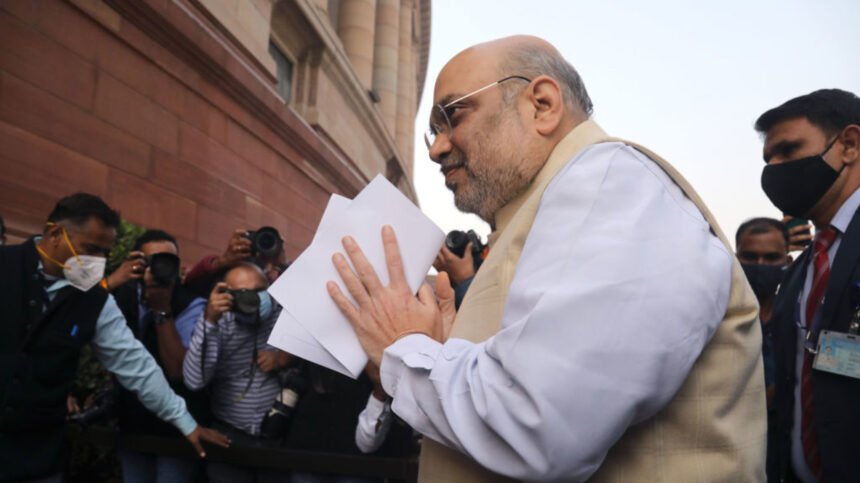In a significant move, the Lok Sabha recently passed three new criminal law bills, ushering in changes that promise to impact the country’s legal landscape. Union Home Minister Amit Shah, while discussing these bills, revealed that one of the proposed provisions involves the imposition of the death penalty for the crime of mob lynching.
The inclusion of the death penalty for mob lynching underscores the government’s commitment to tackling this grave issue. Mob lynching incidents, often fueled by rumors or communal tensions, have posed a serious challenge to law and order. The decision to introduce the death penalty reflects the gravity with which the government views such crimes and its determination to curb their occurrence.
While proponents argue that stringent measures are necessary to deter potential perpetrators and protect vulnerable communities, critics express concerns about the effectiveness of the death penalty as a deterrent and emphasize the need for a comprehensive approach that addresses the root causes of mob violence.
The passage of the Bharatiya Nyaya (Second) Sanhita Bill, Bharatiya Nagarik Suraksha (Second) Sanhita Bill, and Bharatiya Sakshya (Second) Bill in Lok Sabha signifies a legislative stride toward enhancing the country’s legal framework. The specific provisions of these bills will need to be scrutinized in detail, but their passage reflects a collective effort to address evolving challenges in the realm of criminal law.
In a surprising announcement, Minister Amit Shah declared that the government has decided to abolish the sedition law. This move is rooted in historical context, as the sedition law was notoriously used by the British colonial authorities to suppress dissent and imprison Indian freedom fighters.
About Government Commitment:
The decision to do away with the sedition law aligns with the government’s commitment to revisiting archaic laws that may impinge on freedom of speech and expression. Critics of the sedition law argue that its broad scope has led to its misuse, stifling legitimate criticism and dissent.
While the decision to repeal the sedition law is lauded by many as a step towards promoting democratic values and protecting citizens’ rights, others caution that it requires careful consideration to strike a balance between national security concerns and safeguarding individual liberties.
The recent developments in the Lok Sabha, including the introduction of the death penalty for mob lynching and the abolition of the sedition law, underscore the dynamic nature of India’s legal landscape. As these changes progress, it remains essential for policymakers, legal experts, and civil society to engage in thoughtful discourse to ensure that the evolving legal framework aligns with the principles of justice, fairness, and the protection of individual rights.
